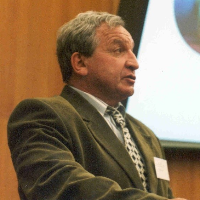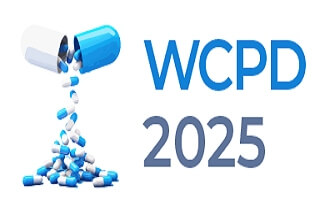WCPD 2025

Institute of Russian Academy of Sciences, Russia
Abstract:
Using of nanotechnologies requires detailed analysis of existing obstacles to technology translation. Here we consider some bio nanotechnologies for the treatment of human bones, including its musculoskeletal system, experiencing the maximum load during the functioning of any living organism.LitAr implantable material creation and its using in some medical clinics and centers of Russian Samara city showed successful bone resorption and reduce scarring from surgical procedures. In our communication we discuss some details of using LitAr technology for these purposes. Our results may used in cases of critical situations in thematic medical centers and especially under emergency surgery.It would be logical to combine such technologies in those operating medical centers, hospitals and clinics, that have already successfully applied them. It is especially difficult to organize for the Russian provincial doctors and the thematic scientists. This is the essence of the implementation problem with creating financial support. But we hope that the scientific community efforts will help to change the attitude to innovations for the better in the interests of the whole humankind.
Biography:
Alexander Valyaev, Leading Researcher, professor, doctor of Sciences
Division of Ecological Safety and Radiation Risk, Nuclear Safety Institute of Russian Academy of Sciences,
Born on May 15, 1949 in Leninogorsk city, Republic of Kazakhstan. In 1972 he graduated with honours
from the Tomsk Polytechnic Institute. In 1978 I successfully defended Ph.D.
thesis in Russian Sverdlovsk city and In
1998 doctoral dissertation in Alma -Ata city of Republic of Kazakhstan. In 1994, I worked as
the technical expert in USA and Canada according to international government contract. I participated with the thematic reports at many
international thematic conferences and symposiums. From 2001-2011 I
participated in 12 domestic and foreign events of NATO Program Scientific Committee. From 2017 to the present, I have been
successfully collaborating with professors from Moscow and Russian Samara city on
nanomedicine on development and application of prostheses for human organs.
